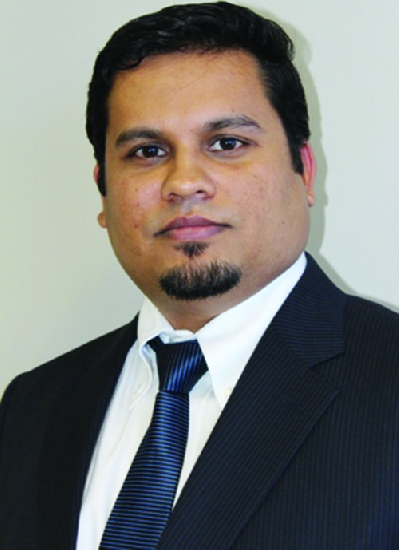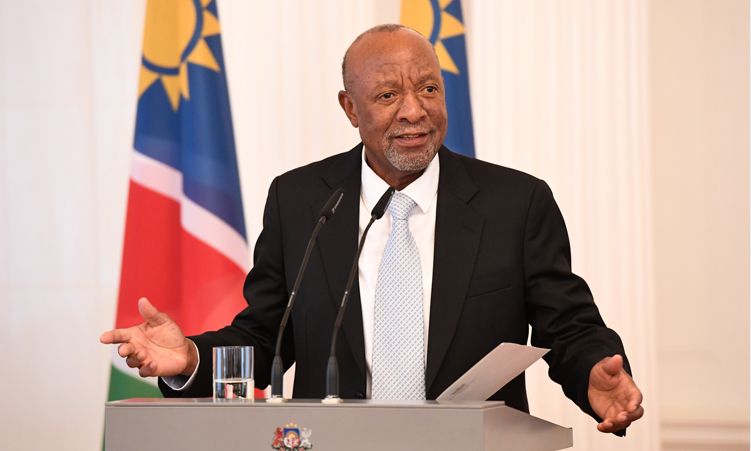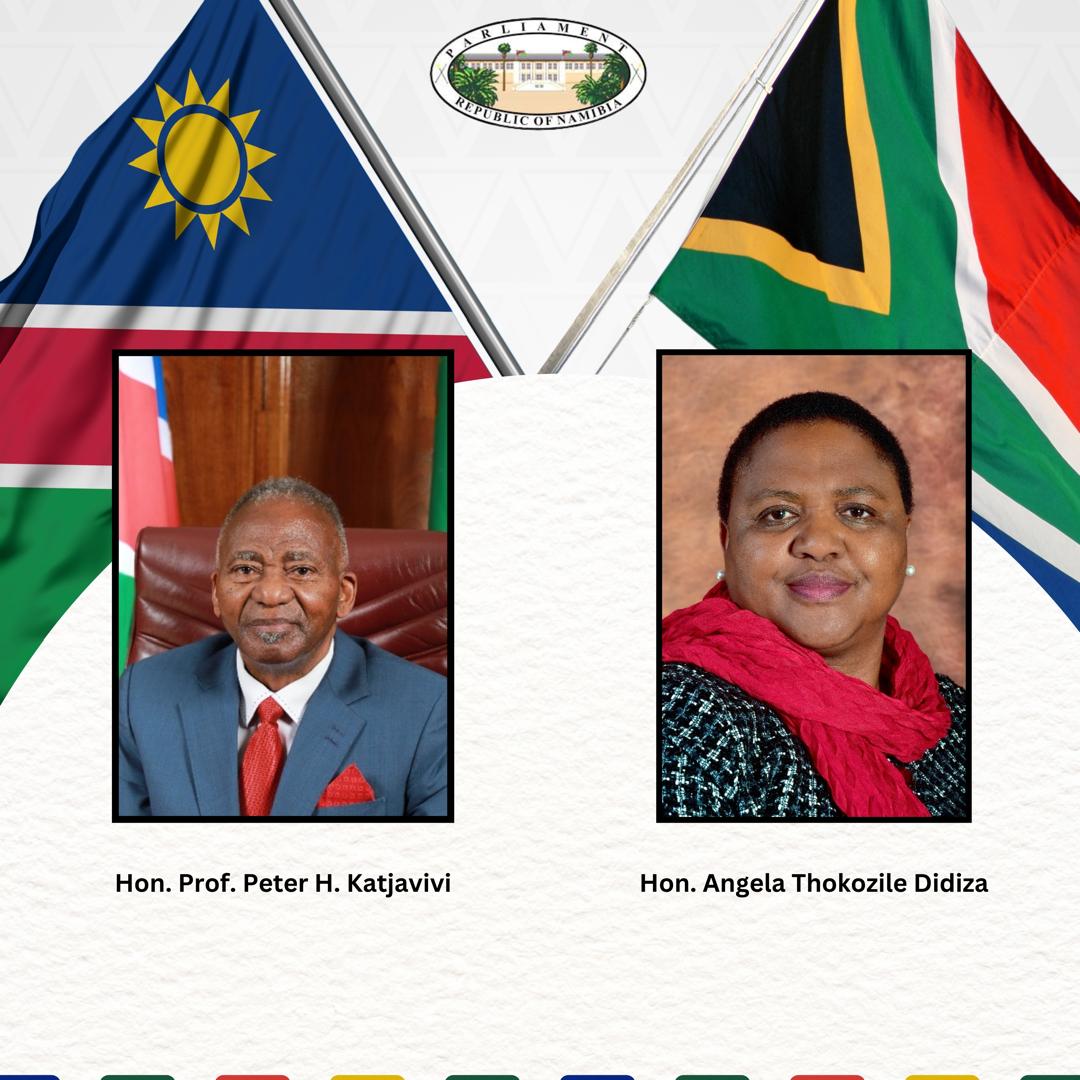ETHICIS hotlines are management tools designed to enable concerned employees as well as third parties to report suspicions of fraud, misconduct or unethical behaviour in a confidential manner.
• RAJESH RAJGOPAL
Such hotlines provide a cost effective way for organisations to deter fraud and other unethical behaviour and to detect such behaviour before it becomes problematic.
For this reason, ethics hotlines have become a vital element of any fraud prevention plan proposed by KPMG Forensic.
The fraud hotline continues to be the most effective tool that companies and organisations can utilise to detect and combat fraud. Tips are the most common means of detecting organisational fraud and abuse. As per the 2012 Association of Certified Fraud Examiners (ACFE) Report to the Nations, where a hotline was in place, fraud schemes were detected on average 12 months earlier and median financial loss was reduced by 44%.
As per the same report, tips represented the most common detection method for each type of scheme, but they were significantly higher in corruption cases at 54% (compared to 42% for both asset misappropriation and financial statement fraud schemes).
The fact that the latest KPMG Forensic survey, entitled ‘Global profiles of the fraudster’, identified anonymous informal tips (22%) and formal whistle blowing (19%) as the primary fraud detection method in uncovering corruption further validates the importance of having a properly managed ethics hotline in place.
The King III report, which is a ground-breaking code of corporate governance in South Africa issued by the King Committee on Corporate Governance, recommends that, arrangements must be made to enable employees and external whistle blowers to report possible improprieties (including fraud) in confidence. Like the radar systems used by the military, the hotline is an early warning system to defuse possible risks to the organisation.
However, a hotline still features low as a tool in terms of priority of organisations as evident in the results of the 2013 Namibia National Survey conducted by the Anti Corruption Commission (ACC), as per which, only 44% of the medium sized enterprises had a whistleblower programme in place.
However instituting a hotline in the organisation is only half the process, employee education and awareness is the key to successfully implementing the tool and getting the required results.
It is important to communicate how the hotline works and its need in the organisation along with the tone at the top (which refers to the organisation’s general ethical climate and the standards set and practiced by upper management) to the employees, for them to appreciate and use this fraud control tool effectively.
The hotline could also be extended to suppliers and customers of the organisation in order to cover all avenues of potential risk and fraud.
Often people are skeptical about what such a tool would cost to implement, while in reality it is a very cost effective option, considering the potential losses that can be prevented and saved.
The hotline must support anonymity of the whistle blower. No one wants to be penalised or victimised for doing the right thing. The hotline as a tool has failed in the absence of anonymity and the offer of protection to the whistle blower. As per the results of the 2013 Namibia National Survey, conducted by the ACC, the protection of whistle blowers features low (less than 30%) in terms of risk management disciplinary procedures adopted by enterprises.
In Namibia the protection of the whistle blower is still a big question. Unlike in South Africa, which has the Protected Disclosures Act, Namibia does not have a dedicated whistle blower related Act.
The Anti Corruption Act, the Financial Intelligence Act and the Prevention of Organised Crime Act cover some aspects related to the protection for informers, however these are limited in scope and do not offer the comfort and security that is required for a whistle blower to speak out about observed injustices.
With the growing number of fraud and misconduct cases that feature in local media, it has never been more crucial for organisations in Namibia to adopt and implement a fraud hotline with the key features of anonymity and accessibility.
* Rajesh Rajgopal is the Manager: Forensics and is a Certified Fraud Examiner (CFE) and a Chartered Accountant (ACA) at KPMG Namibia and has been part of various forensic investigations in Namibia and the rest of Africa.
Stay informed with The Namibian – your source for credible journalism. Get in-depth reporting and opinions for
only N$85 a month. Invest in journalism, invest in democracy –
Subscribe Now!






